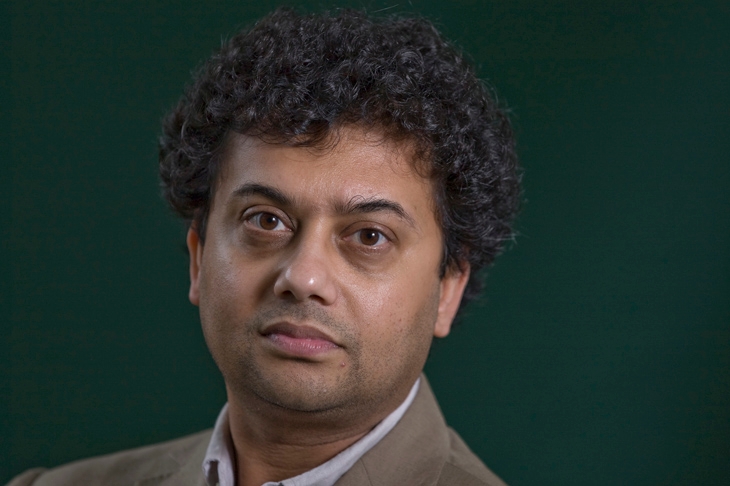Neel Mukherjee has had a two-handed literary career, working as a reviewer of other people’s novels and writing his own. In 2014, his second novel, The Lives of Others, was shortlisted for the Man Booker Prize. His latest book is a state-of-the-globalised-nation novel which gives human particularity to those deadened concepts we pass around such as migration, inequality and neoliberalism.
A State of Freedom breaks into five chapters, each telling the story of a distinct individual in India, whose connection to the others is only fully revealed in the final pages.

Disagree with half of it, enjoy reading all of it
TRY A MONTH FREE
Our magazine articles are for subscribers only. Try a month of Britain’s best writing, absolutely free.
Already a subscriber? Log in






Comments
Join the debate, free for a month
Be part of the conversation with other Spectator readers by getting your first month free.
UNLOCK ACCESS Try a month freeAlready a subscriber? Log in